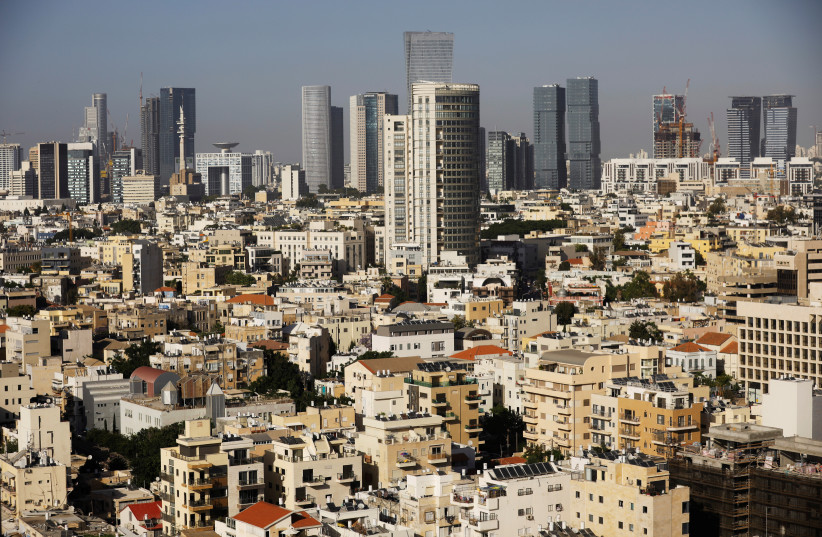Dozens of residents of Kikar Hamedina Plaza and north Tel Aviv were surprised to discover that the community synagogue currently serving the residents will turn into an ultra-Orthodox yeshiva with 250 students and plans to build a five-story building in the heart of a secular neighborhood.
One of the residents who is protesting against the expected move expressed concern about the harm to the neighborhood's character. "A community synagogue needs to serve the residents of the neighborhood on Shabbat, feasts, bar-mitzvahs and any other event," she said, "there is no justification to just throw a yeshiva into the neighborhood, which in no way serves the residents and severely harm the neighborhood's fabric of life."
Worried residents
Tel Aviv deputy mayor, attorney Reuven Lediansky explained: "I received inquiries from residents of the area opposing the excessive project, until today they knew nothing about the intention to approve the plan to build a yeshiva on Clay Street! No one spoke to them or presented the plan to them, giving them the option to disapprove or request amendments to the plan. This is clearly an improper public procedure."
"In the aforementioned neighborhood and area, there is no need for a yeshiva! This is a secular area that does not want or need to take in yeshiva students from outside the neighborhood or outside the city - which will put a burden on the area's infrastructure. A yeshiva is a place where activity takes place throughout most of the day, including permanent accommodation, kitchen and cooking, guests arriving at the place, increased vehicle traffic including trucks and supplies and more."
"Hundreds of additional people who will frequent the place every day will bring about unnecessary traffic jams and damage to the appearance of the place and the quality of life," he added.

One of the residents of the neighborhood said: "This is a distinctly secular neighborhood, of young families and senior citizens. We try to maintain a liberal tone, respect each other and have no need to 'strengthen our spirituality and values,' as we saw in the announcement of goals by the initiators of the yeshiva in question."
"The four streets surrounding the complex are narrow one-way streets. We do not have the necessary infrastructure to withstand the load of the number of visitors, the noise and the dirt that will burden the neighborhood in an unreasonable way for many hours of the day. A religious yeshiva is considered to be an 'import' of a population that has values and an agenda undermining the fabric of the neighborhood. Why do you want to challenge the social balance?" she concluded.
